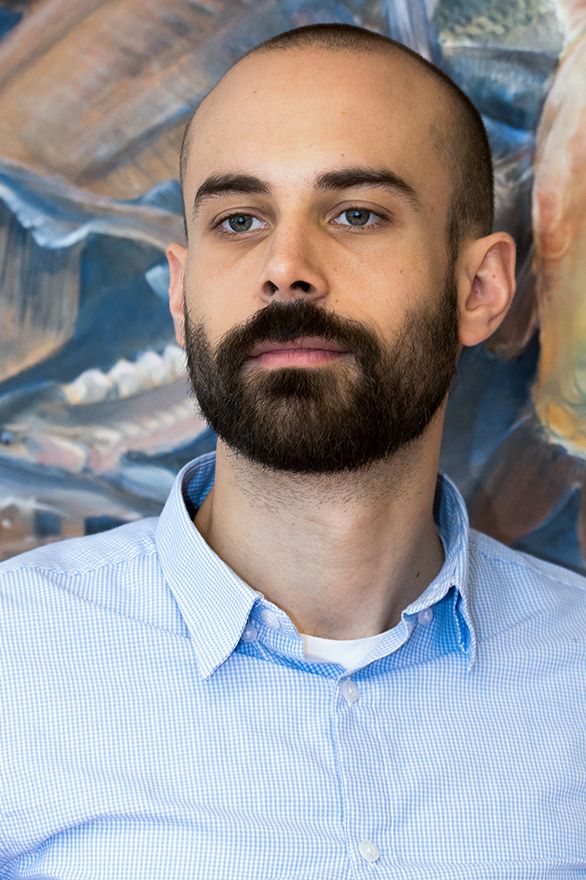Dr. Gergely Bernáth - MATE Research
Overview
Gergely Bernáth has been in a senior research fellow position at the Department of Aquaculture since 2021. His main research field is the investigation of fish sperm quality and cryopreservation. The main goal of his scientific work is the establishment and improvement of objective sperm quality evaluation methods using a Computer-Assisted Sperm Analysis system in vulnerable and economically important fish species as well as in endemic sportfish. Furthermore, his studies also focus on the development of sperm preservation methods in the above-mentioned fish species designed especially for hatchery practice. His research focuses on the microbiome analysis of fish gametes, as well. He is responsible for the construction and implementation of professional tasks in Hungarian and international projects. He is the supervisor and co-supervisor of Bachelor, Master, and PhD students.
Research keywords:
Publications
Projects
Project no. 1.: The effect of two different experimental temperatures on the quality and large-scale cryopreservation of perch sperm (AquaExcel2020 TNA-AE090022)
The aim of our study is to investigate the effects of two different experimental temperatures on the sperm quality and large-scale cryopreservation of sperm (Perca fluviatilis). According to our former studies, the two temperatures, 6 and 12 °C will result in successful spermiation in the hormonally induced males where the sperm quality and cryopreservation success will be compared. The experimental design consists of two main tasks. The first task focuses on different sperm parameters measured in the sperm obtained from perch males kept and injected at the two temperatures. In the second task, a previously not tested volume and technique in perch sperm cryopreservation will be investigated where the samples will be obtained also from the same two experimental (6 and 12 °C) groups.
Project no. 2.: Improvement of the gamete quality and the artificial propagation using novel probiotic feed in common carp and rainbow trout (2022-1.2.6-TÉT-IPARI-TR-2022-00002)
The aquaculture sector, both at the global and domestic levels, is facing a lack of natural resources and new challenges (decline of fishmeal, lack of water in extensive production, replacement of non-renewable energy sources, reducing of ecological footprint, monitoring of fish meat quality, reduction of pathogens, etc.). Today, it is difficult to predict the success of breeding carp and rainbow trout. In many cases, a low individual fertility rate in breeders is observed. The production of small amounts of fingerlings, as well as the reduction of the valuable breeding stock, make the efficiency of production unpredictable, which represents a barrier to ecologically and economically sustainable aquaculture. According to some surveys, traditional fish breeding and microbiome knowledge can together increase the sustainability of fish breeding by 11-13%, by mitigating the negative effects of environmental factors. The effects of the individual microbiome on gamete quality and fertilization success in fish are underresearched. With the new, species-specifically tested probiotic feeding methods created during the research work, we can prove that the microbial communities in the gut (as well as in the immediate environment of the gamete) can not only improve the growth rate proven in numerous studies but can significantly optimize the variance experienced during carp and trout production. The cooperation of the consortium members (Hungarian University of Agriculture and Life Sciences; Szabolcsi Fishing Kft.; University of Istanbul; MCS Aquatic Arge Su Ürünleri enterprise) ensures the successful development of the prototype for the new feeding process and probiotic-supplemented food and the preparation of scientific publications. The achieved results will ensure broader scientific and economic Turkish-Hungarian cooperation.





